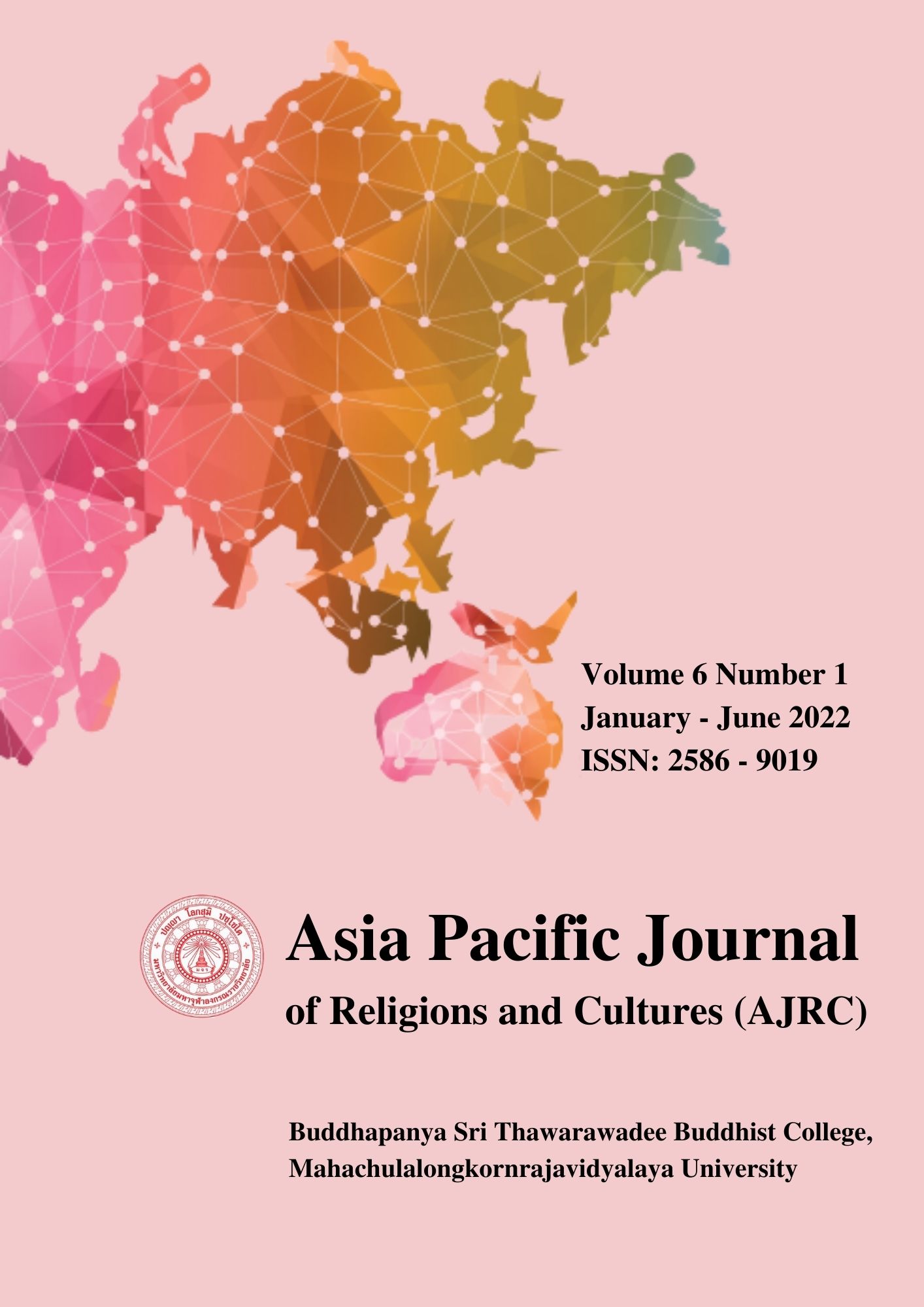A Research on the Teaching of Literati’s Recitative of Chinese Classical Poetry
Main Article Content
Abstract
This paper first aims to elaborate on the nature and features of recitative culture, then use the composing rules of recitative melody to conduct teaching research. The goal of this research is to enable learners to equip with the ability to compose recitative melodies for Chinese classical poetry and can sing at the same time. The third goal of the research is to find out an efficient way of teaching. The research method is in accordance with the action research model presented by Kurt Lewin. It is the qualitative research method. During the teaching, students can accept and master the knowledge rapidly. They are able to create their original recitative melody and sing it, which also proves the teaching process is beneficial to improving students’ learning outcomes.
Article Details

This work is licensed under a Creative Commons Attribution-NonCommercial-NoDerivatives 4.0 International License.
References
Chen, S. (2017). Introduction to the Recitative of Gushi, Ci and Wen. China: Chung Hwa Book.
Dolin, J., & Robert, E. “Exploring Relations Between Formative and Summative Assessment.” In Transforming Assessment: Through an Interplay Between Practice, Research and Policy, ed. Jens Dolin and Robert Evans, 53-82. Switzerland: Springer.
Fang, Y. (2015). Mo Zi. China: Chung Hwa Book.
Han, Zh. (2010). Shi Ji. China: Chung Hwa Book.
He, C. (2017). Comments on “Xing Fa Gan Dong” of Ye Jiaying’s Study of Ci-poem. Wuhan University of Humanity & Social Science, 26(2), 67-72.
He, Q. (1983). Western Philosophers, Writers and Musicians on Music. China: People’s Music Publishing House.
Hu, P. & Zhang, M. (2017). Liji. China: Chung Hwa Book.


